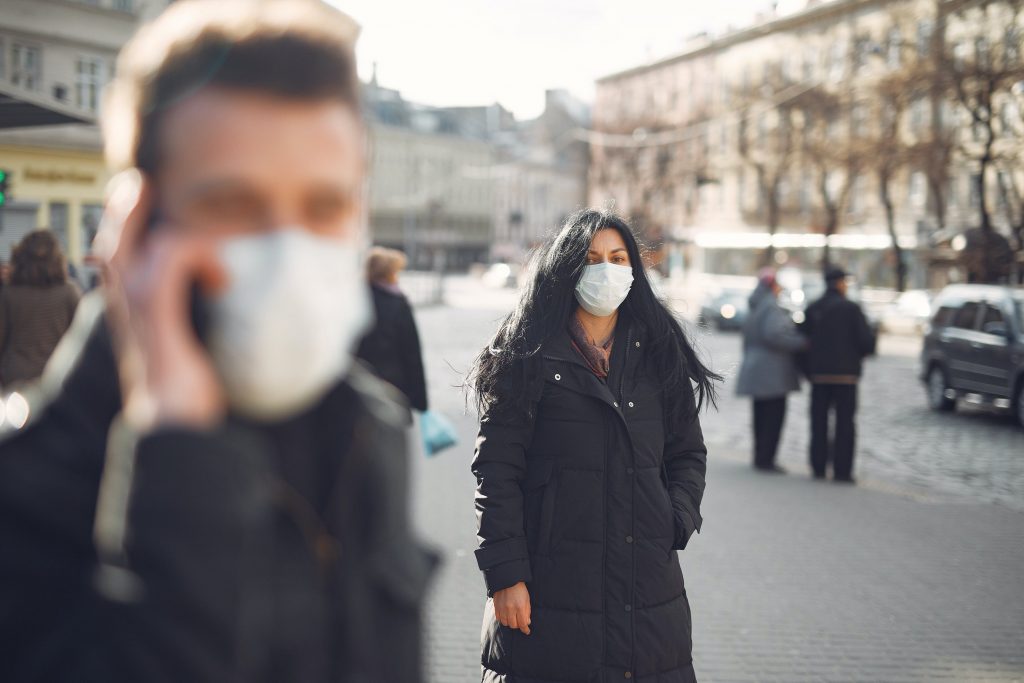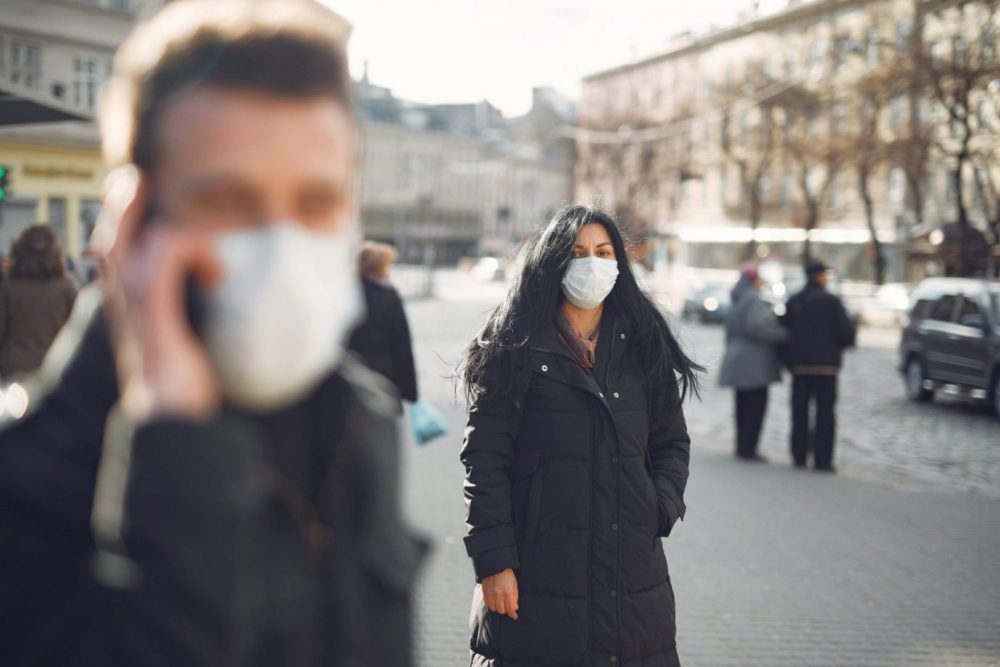We are all facing the most challenging time of the decade. The fear of an unprecedented global epidemic poses a significant threat to humanity. The rising population and reduced cleaning practices always anticipated a potential spread of disease. Now the new COVID-19 wreaking havoc on the whole world, it has reminded us of our constant exposure to pandemics. The novel coronavirus, which initially originated from Wuhan, China in December 2019, soon reached different parts of the world within three months. The widespread abilities of the COVID-19 resulted in a sudden shift in human behaviors and a global crisis.
On the other side, medical professionals also started research to identify the source and treatment of the COVID-19. Along with it, social scientists are also rushing towards real-time data to monitor people’s responses to the pandemic. They are coming forward to track government actions to contain the spread and how people are acting. This pandemic has shown that it is worse than the “Spanish flu” we experienced in history. Not just that, but the contagiousness of the virus also imposes a significant threat, which made the containing measures even more complicated. However, all these details and facts got extracted by the research performed by the sociologists around the globe. With that said, let’s discuss different ways sociologists contributed to the global pandemic.
ANALYSIS FOR THE COVID-19
Just as soon as the new coronavirus sparked an epidemic, sociologists started gathering all the data to mitigate the risks of global spread. Understanding and analysis of the pandemic are essential to identify its source and underlying risks to humanity. For that instance, social scientists began with analyzing the data of patients’ infection and mortality rates. Sociologists discovered that the novel coronavirus instantly overwhelmed the hospitals with severe infections among elder groups. The medical group quickly analyzed these facts and designed new policies to reduce the risk. Sociologists addressed all the researched facts and data to help the government authorities to prevent the spread.
Whether it is the national emergency or matter of social inequalities, sociologists always play a critical role in the nation. Medical research is indeed vital in the case of the global pandemic. However, social science is also essential to economic implications and public behavior. There is a dire need of professionals to help in this period of acute crisis around the world. Many professionals recommend earning an online sociology degree to advance their skills and assist both government and healthcare authorities.
TRACKING ETHICS AND POLITICS IN HEALTHCARE
Not just the latest COVID-19, but sociologists have a significant contribution to the other outbreaks too. Social scientists are also responsible for tracking the ethics around the healthcare systems to identify the factors of adequate care. Moreover, they also recognize the cultural aspects and their roles in healthcare organizations. These ethics also include the gender, religion, and socio-economic background of the patient and their treatment in the hospitals.
Sociologists also helped in highlighting major issues like triage in the healthcare organization. It means the order of treatment given to the patients concerning their ailments. In this case, the latest pandemic allowed sociologists to point out all the issues related to triage. Moreover, it helped them to bring an equalized treatment system for infected patients. These contributions of sociologists can help the nation to leave the crisis behind.
SOCIAL IMPLICATIONS OF PANDEMIC
Apart from ethics and social norms around the healthcare systems, pandemic also introduced social implications on society. The new COVID-19 affected all parts of the world in different ways. However, it has resulted in a human and economic crisis, which is affecting the societies at their core. The lockdown imposed by the government authorities has caused significant impacts on the communities. Especially those who were living in poverty suffered from these lockdowns. If these don’t get adequately addressed, then the pandemic can leave a long-lasting effect of inequality, unemployment, and poverty.
It is where sociologists step in and find all the people majorly affected by the global pandemic. Sociologists approach these societies and identify their requirements and change of behaviors during the lockdown. For instance, there is a sudden shift in the conduct of people quarantined at home. Some experts explain that there is a possibility to see a birth cohort since people are mostly isolating in homes. While on the other side, we might also get to know the health implications caused by laziness and depression. Many factors are leading to social consequences in societies.
SUGGESTING ALTERNATIVE PUBLIC PRACTICES
Social science also forces suggesting different measures and practices that mitigate the state of emergency. Since sociologists study human behavior, they are even suggesting the safety measures to protect the people from the coronavirus. Moreover, many professionals also emphasized the change in social norms or adapted and coped with public policies. One of the common reactions among the people during the pandemic was threat and risk perception. Some groups immensely treated it lightly, while others suffer from misdirected anxiety.
For that, social scientists helped in creating awareness among people about misled information. They are also helping with how to deal with this threat and fight with it. The fact that intense fear creates strange behaviors and patterns can be the alternative for sustaining good public practices.
FINAL WORDS
History tells countless examples of how sociologists contributed to natural disasters and pandemics. Sociology is essential to point out social and behavioral problems in society. The study of fear impact and diversion in social norms can considerably help the authorities and medical institutions. Thus, these professionals are highly in-demand to deal with the effects of COVID-19.
HedgeThink.com is the fund industry’s leading news, research and analysis source for individual and institutional accredited investors and professionals










